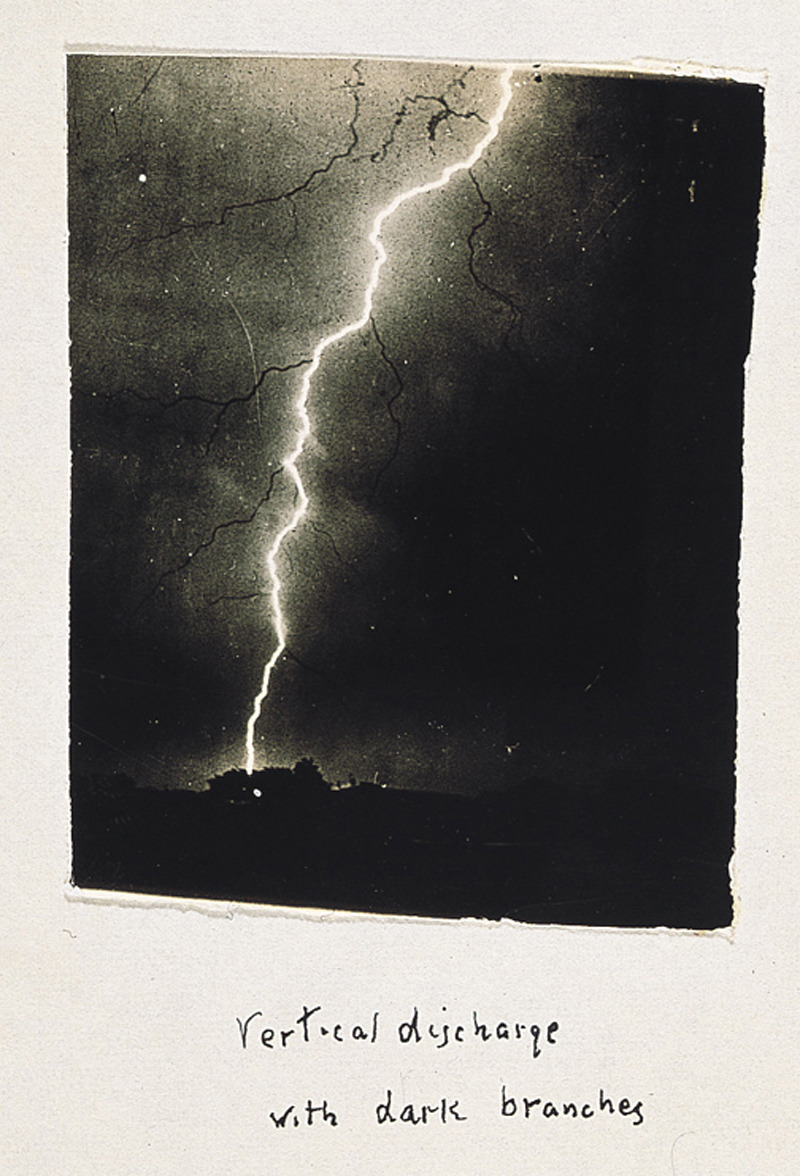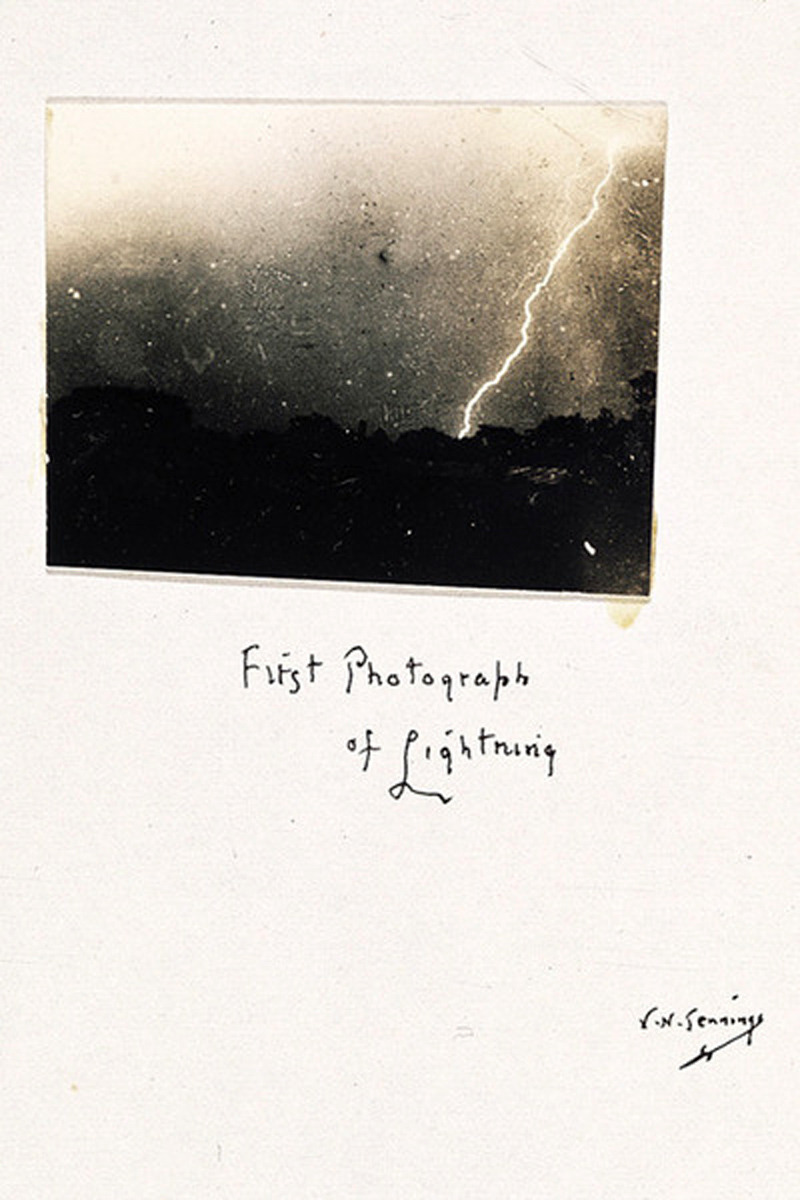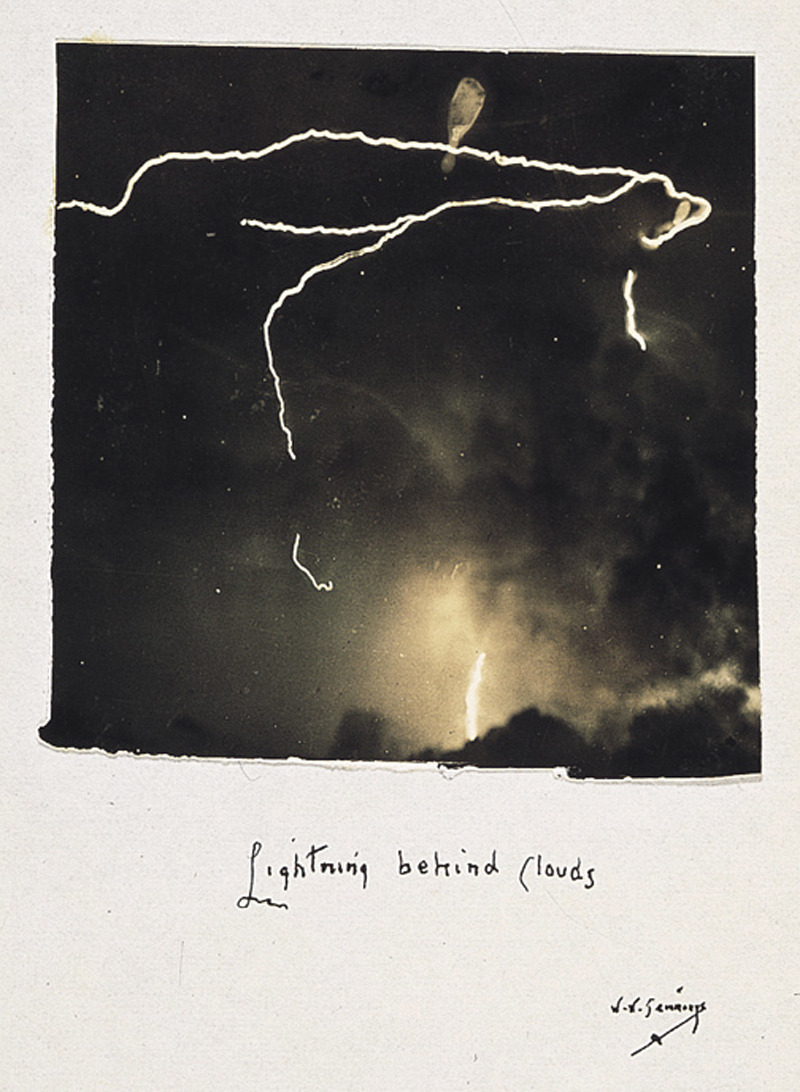Berenice Abbott (1898-1991) American photographer.
Born in Ohio and starting out as a sculptor, Abbott traveled in 1921 to Paris, where she worked as a studio assistant to the American photographer Man Ray. After gaining a grasp of basic photographic skills, she abandoned sculpture and opened a portrait studio. Abbott’s photographs of Djuna Barnes, Jean Cocteau, and James Joyce, among others, are considered iconic images of the interwar period.
Man Ray introduced Abbott to Eugene Atget’s photography. The older artist had cultivated a business that supplied images of Paris for reference purposes to local historical organizations, museums, artists, and designers. The painter Maurice Utrillo, for example, bought his photographs to serve as painting aids. Parisian surrealists admired how Atget could capture uncanny aspects of seemingly mundane scenes, and they saw a relationship between his work and their interest in finding the absurd within the commonplace. Ray had acquired Atget prints and shared them with Abbott, who noted how these sharply focused, unsentimental images of the French capital differed from the romantic subject matter and dreamy wistfulness of pictorialism, which was still the predominant mode of art photography.
In July 1927, Abbott obtained Atget’s permission to take his portrait, and a session was arranged. She made three exposures: a standing view, a seated frontal view, and the profile that is in the Ulrich Museum collection. Atget died on August 4, before she could show her results to him. For the rest of her life, Abbott zealously pursued the preservation and promotion of his work. With contributions from friends, she purchased many of Atget’s negatives and prints and so began making American photographers and collectors aware of his achievements.
As Abbott cataloged her new acquisitions, she came to see with increasing clarity Atget’s singular ability to craft a photographic commentary on imperial-era Paris and its transition to a modern metropolis. In 1929 she returned to the United States to visit her family and passed through New York. She was so mesmerized by the city that she impulsively decided to put aside her well-established life in Paris and move to Manhattan. There, from 1929 to 1939, she concentrated on a project she called "Changing New York." Inspired by Atget’s precedent, Abbott created an epic survey, remarkable for its sensitivity, wry humor, and exquisite design, of another intensely vibrant, multifaceted world capital as it lurched toward the future. --Patricia McDonnell, director of the Ulrich Museum of Art
New York by Berenice Abott
 Berenice Abbott
Berenice Abbott
New York Stock Exchange, New York City1933
Blossom Restaurant, 103 Bowery, New York City, October 24, 1935
by Berenice Abott
by Berenice Abott
by Berenice Abott
by Berenice Abott
Berenice Abbott
Gunsmith and Police Department Headquarters, 6 Centre Market Place and 240 Centre Street, New York City, February 4, 1937
by Berenice Abott
by Berenice Abott




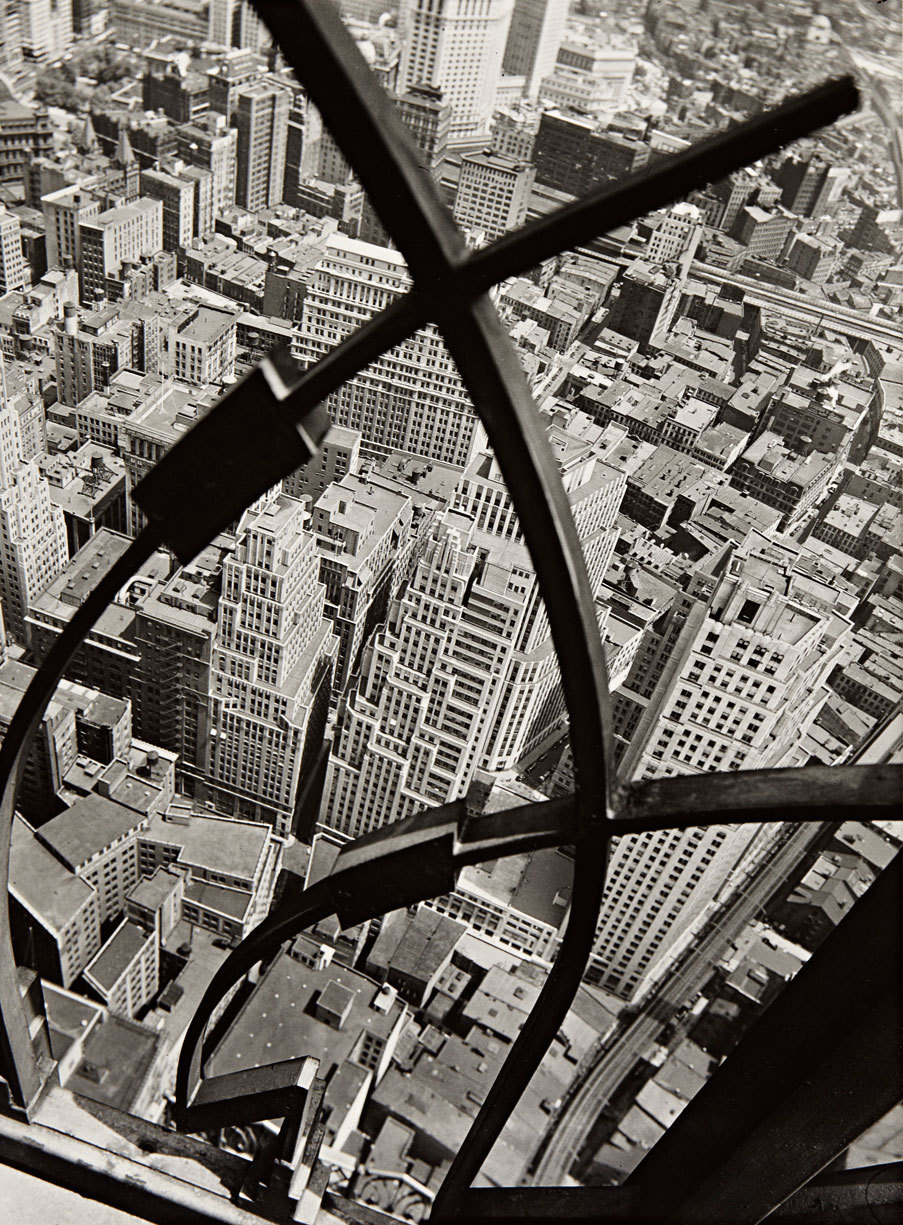

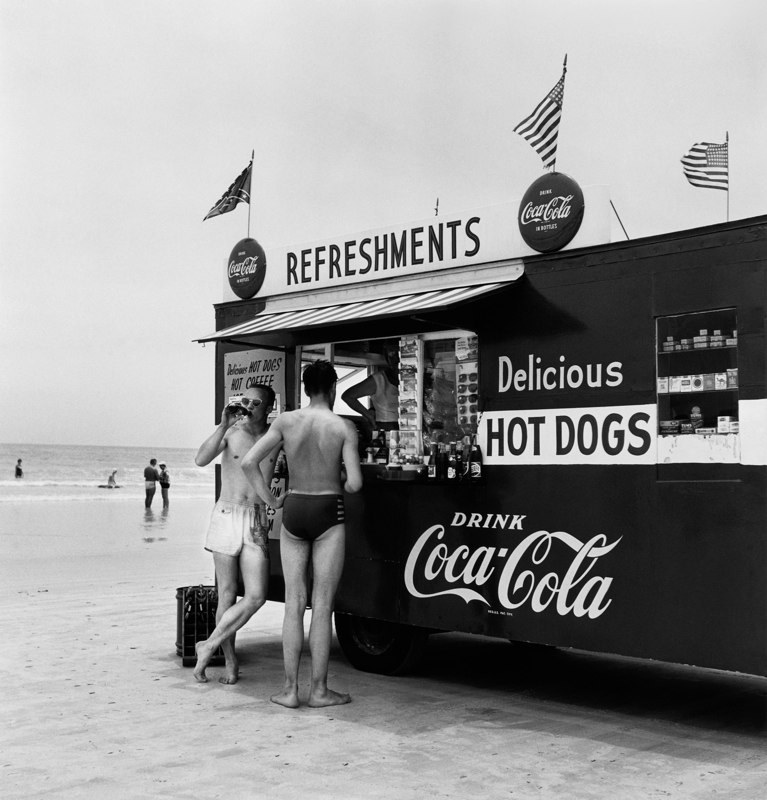

Beach Photos with Fish, and Clark Gable ~ Daytona Beach, Florida, 1954. Berenice Abbott
Bowery Bum, New York, c. 1932. Berenice Abbott
Columbus Circle, New York, 1936. Berenice Abbott
Fifth Avenue Coach Company, New York, 1932. Berenice Abbott
Fulton Street Fish Market New York, 1935. Berenice Abbott
Hot Dog Man New York, 1936. Berenice Abbott
Newsstand, 32nd Street and Third Avenue, New York, 1935. Berenice Abbott
Old Man in Rocker, Maine, 1967. Berenice Abbott
Pike and Henry Streets, New York, 1936. Berenice Abbott
Poultry Shop, East Seventh Street, New York, 1935. Berenice Abbott
Sunoco Station, Trenton, New Jersey, 1954
Super Hot Refreshment Stand, Daytona Beach, Florida, 1954. Berenice Abbott
Fifth Avenue and 42thStreet, New York, 1938. Berenice Abbott

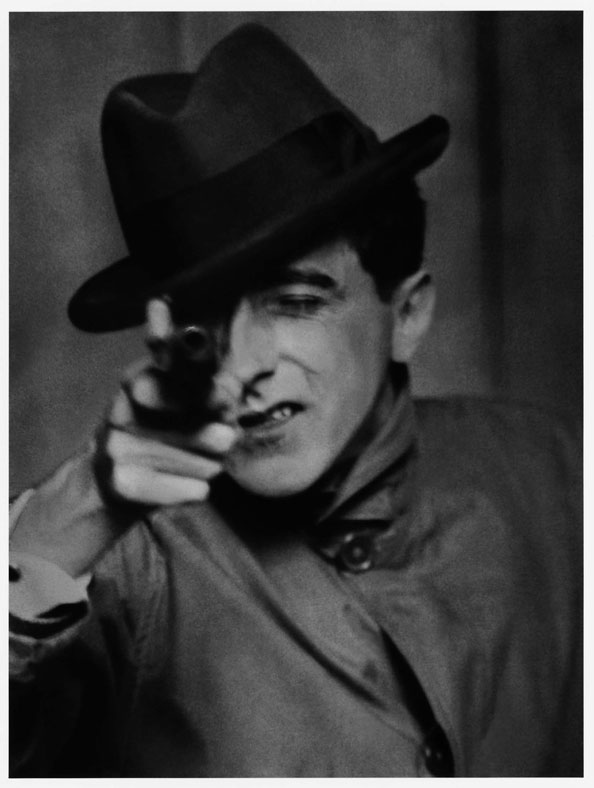


Portrait of master photographer Eugene Atget by Berenice Abott
Although today he is thought of as one of the most influential photographers of the 20th century, it was not until after his death in 1927 that his work became appreciated and this was due in large part to the efforts of photographer Berenice Abbott who helped to promote and preserve his work. Bernice Abbott said of Atget “He will be remembered as an urbanist historian, a genuine romanticist, a lover of Paris, a Balzac of the camera, from whose work we can weave a large tapestry of French civilization” Today his work can be found in collections such as The Museum of Modern Art in New York and the Bibliotheque Nationale in Paris. The Atget Crater on Mercury is named after him.

Portrait of Berenice Abbott by Man Ray

Berenice Abbott for M.I.T
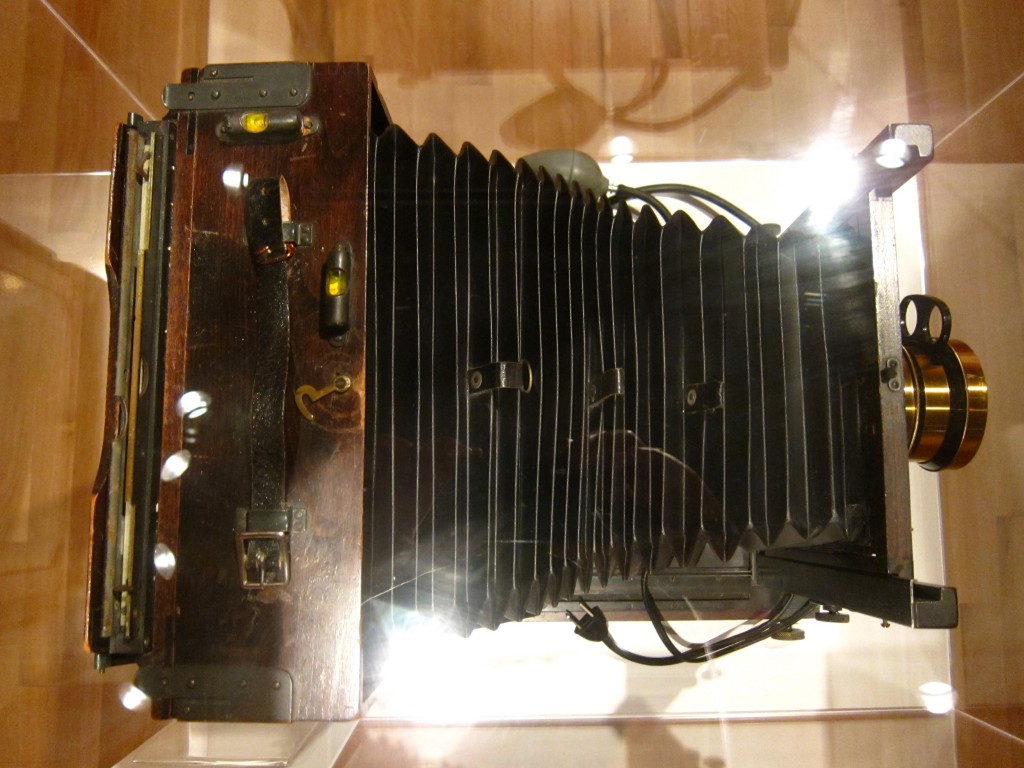
Born in Ohio and starting out as a sculptor, Abbott traveled in 1921 to Paris, where she worked as a studio assistant to the American photographer Man Ray. After gaining a grasp of basic photographic skills, she abandoned sculpture and opened a portrait studio. Abbott’s photographs of Djuna Barnes, Jean Cocteau, and James Joyce, among others, are considered iconic images of the interwar period.
Man Ray introduced Abbott to Eugene Atget’s photography. The older artist had cultivated a business that supplied images of Paris for reference purposes to local historical organizations, museums, artists, and designers. The painter Maurice Utrillo, for example, bought his photographs to serve as painting aids. Parisian surrealists admired how Atget could capture uncanny aspects of seemingly mundane scenes, and they saw a relationship between his work and their interest in finding the absurd within the commonplace. Ray had acquired Atget prints and shared them with Abbott, who noted how these sharply focused, unsentimental images of the French capital differed from the romantic subject matter and dreamy wistfulness of pictorialism, which was still the predominant mode of art photography.
In July 1927, Abbott obtained Atget’s permission to take his portrait, and a session was arranged. She made three exposures: a standing view, a seated frontal view, and the profile that is in the Ulrich Museum collection. Atget died on August 4, before she could show her results to him. For the rest of her life, Abbott zealously pursued the preservation and promotion of his work. With contributions from friends, she purchased many of Atget’s negatives and prints and so began making American photographers and collectors aware of his achievements.
As Abbott cataloged her new acquisitions, she came to see with increasing clarity Atget’s singular ability to craft a photographic commentary on imperial-era Paris and its transition to a modern metropolis. In 1929 she returned to the United States to visit her family and passed through New York. She was so mesmerized by the city that she impulsively decided to put aside her well-established life in Paris and move to Manhattan. There, from 1929 to 1939, she concentrated on a project she called "Changing New York." Inspired by Atget’s precedent, Abbott created an epic survey, remarkable for its sensitivity, wry humor, and exquisite design, of another intensely vibrant, multifaceted world capital as it lurched toward the future. --Patricia McDonnell, director of the Ulrich Museum of Art
New York by Berenice Abott

New York Stock Exchange, New York City1933
by Berenice Abott
by Berenice Abott
Berenice AbbottBlossom Restaurant, 103 Bowery, New York City, October 24, 1935
"Photography can never grow up if
it imitates some other medium. It has to walk alone; it has to be itself."
it imitates some other medium. It has to walk alone; it has to be itself."
~ Berenice Abbott
by Berenice Abott
by Berenice Abott
by Berenice Abott
by Berenice Abott
Berenice Abbott
Gunsmith and Police Department Headquarters, 6 Centre Market Place and 240 Centre Street, New York City, February 4, 1937
"There are many teachers who could ruin you. Before you know it you could be a pale copy of this teacher or that teacher. You have to evolve on your own. "
~ Berenice Abbott
by Berenice Abott
by Berenice Abott
by Berenice Abott

Berenice Abbott
Treasury Building, New York City, 1933
Berenice Abbott
Triborough Bridge, East 125th Street Approach, New York City, June 29, 1937
Berenice Abbott
Broadway to the Battery, New York City, May 4, 1938
Berenice Abbott
Flat Iron Building, Broadway and Fifth Avenue, New York City1938
Flat Iron Building, Broadway and Fifth Avenue, New York City1938
by Berenice Abott

BERENICE ABBOTT | City Arabesque, 1936
by Berenice Abott

Billboard, Palisades Amusement Park, New Jersey, 1935

Berenice Abbott: Refreshment Stand, Daytona Beach, Florida, 1954

Berenice Abbott
Happy’s Refreshment Stand, Daytona Beach, Florida, 1954Beach Photos with Fish, and Clark Gable ~ Daytona Beach, Florida, 1954. Berenice Abbott
Bowery Bum, New York, c. 1932. Berenice Abbott
Columbus Circle, New York, 1936. Berenice Abbott
Fifth Avenue Coach Company, New York, 1932. Berenice Abbott
Fulton Street Fish Market New York, 1935. Berenice Abbott
Hot Dog Man New York, 1936. Berenice Abbott
Newsstand, 32nd Street and Third Avenue, New York, 1935. Berenice Abbott
Old Man in Rocker, Maine, 1967. Berenice Abbott
Pike and Henry Streets, New York, 1936. Berenice Abbott
Poultry Shop, East Seventh Street, New York, 1935. Berenice Abbott
Sunoco Station, Trenton, New Jersey, 1954
Super Hot Refreshment Stand, Daytona Beach, Florida, 1954. Berenice Abbott
Fifth Avenue and 42thStreet, New York, 1938. Berenice Abbott
Tri-boro Barber School, 264 Bowery, New York, 1935. Berenice Abbott

by Berenice Abott

Berenice Abbott - Jean Cocteau (Novelist, poet, artist, filmmaker) with Gun, Paris, 1926

Jean Cocteau’s Hands, Paris, 1927. Berenice Abbott

Berenice Abbott
Miner, Greenview, West Virginia, 1935Portrait of master photographer Eugene Atget by Berenice Abott
Although today he is thought of as one of the most influential photographers of the 20th century, it was not until after his death in 1927 that his work became appreciated and this was due in large part to the efforts of photographer Berenice Abbott who helped to promote and preserve his work. Bernice Abbott said of Atget “He will be remembered as an urbanist historian, a genuine romanticist, a lover of Paris, a Balzac of the camera, from whose work we can weave a large tapestry of French civilization” Today his work can be found in collections such as The Museum of Modern Art in New York and the Bibliotheque Nationale in Paris. The Atget Crater on Mercury is named after him.

Portrait of Eugène Atget, 1927. Berenice Abbott
Gelatin silver print on paper, 13 1/4 x 10 1/4 in.This work represents a significant confluence in photographic history. When it was made, Eugène Atget was 70 years old and just a few weeks away from death. Berenice Abbott was a 29-year-old
Gelatin silver print on paper, 13 1/4 x 10 1/4 in.This work represents a significant confluence in photographic history. When it was made, Eugène Atget was 70 years old and just a few weeks away from death. Berenice Abbott was a 29-year-old
American expatriate in Paris and a relative beginner in photography. More than eighty years later, both of them are among the most revered contributors to this art form.
Portrait of Berenice Abbott by Man Ray

Berenice Abbott for M.I.T

Berenice Abbott, Behavior of waves, ca. 1960
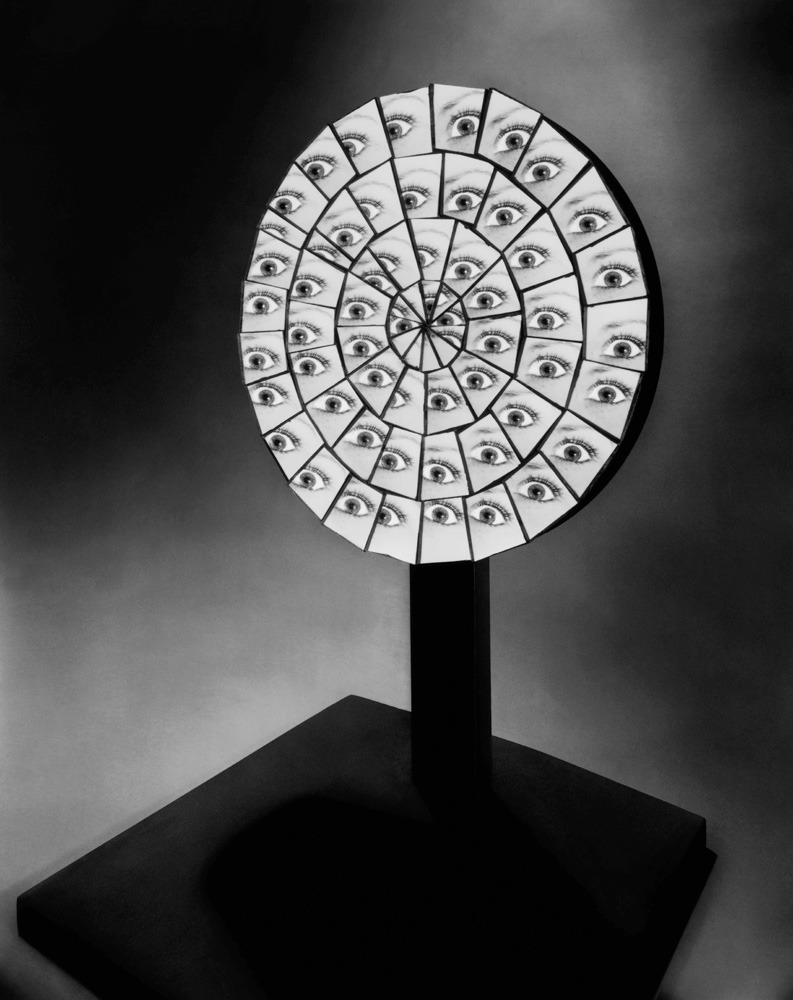

Berenice Abbott, PARABOLIC MIRROR, CAMBRIDGE, MASSACHUSETTS, 1958 – 1961
Portrait of Berenice Abbott circa early 1900s

Berenice Abbott's 8×10 camera.
You have read this article Berenice Abbott /
black and white /
Eugene Atget /
Eugène Atget /
Large Format /
new york city
with the title 2012. You can bookmark this page URL http://nikiinwonderland.blogspot.com/2012/12/photographer-profile-berenice-abbott.html. Thanks!

































